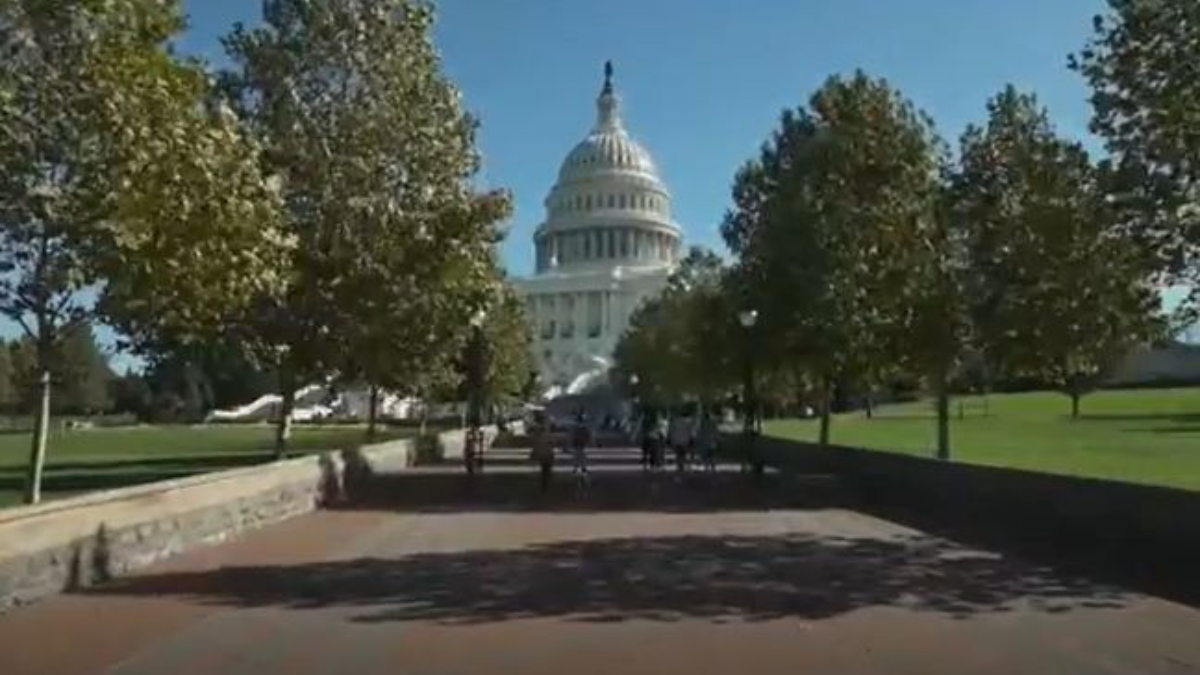South Carolina lawmakers are advancing an initiative to amend the U.S. Constitution, aiming to introduce term limits for members of Congress. Frustrated with career politicians dominating Washington, supporters of the movement believe term limits would enhance accountability and foster new leadership. This effort is part of a broader nationwide push, which requires two-thirds of U.S. states to agree for the proposal to move forward.
This article examines South Carolina’s resolution, its potential impact, and the challenges it faces on the road to implementation.
Calling for a Constitutional Convention
The South Carolina initiative involves invoking Article V of the U.S. Constitution, which allows states to propose amendments through a constitutional convention. This process, while rarely used, can be triggered if 34 state legislatures—two-thirds of the total—pass resolutions calling for it.
The proposed convention would specifically focus on implementing term limits for members of the U.S. House of Representatives and Senate. Proponents argue term limits would:
- Combat Corruption: Shortening the length of time legislators can serve may reduce their ability to form long-term ties with lobbyists and special interest groups.
- Encourage New Leadership: By limiting terms, fresh candidates with innovative ideas could enter the political arena.
- Increase Accountability: Legislators nearing the end of their term might prioritize representing constituents rather than focusing on re-election campaigns.
South Carolina’s Role in the National Effort
South Carolina joins a growing list of states advocating for a constitutional amendment to impose term limits. Republican State Senator Larry Grooms, one of the resolution’s leading supporters, has emphasized the importance of this effort. “The founding fathers never envisioned Congress as a lifelong career. It’s time for states to assert their authority and demand term limits,” Grooms stated.
Should South Carolina pass the resolution, it would join 19 states that have already endorsed the call for a term limits convention. With 34 states required to trigger the process, South Carolina’s participation would bring the movement closer to its goal.
Obstacles to Implementation
While the concept of term limits enjoys strong public support—polls regularly show that Americans favor the idea—it faces significant hurdles.
- Complex Legal Process: Organizing a constitutional convention is a complex and unpredictable process. Critics warn that such a convention could lead to broader, unintended changes to the Constitution.
- Political Pushback: Many current members of Congress are unlikely to support term limits, as it directly affects their careers. This resistance extends to some state lawmakers who see longevity in office as a means of increasing influence.
- Loss of Experience: Opponents argue that limiting terms could result in a loss of institutional knowledge, leaving Congress more dependent on staff and lobbyists for expertise.
Implications of Term Limits
If implemented, term limits could significantly reshape the U.S. political system. Key changes might include:
- Higher Turnover: Congress would see more frequent elections, potentially leading to shorter political careers for legislators.
- Increased Voter Engagement: Regular turnover could motivate voters to participate more actively in elections, knowing their representatives have limited time in office.
- Potential Polarization: Frequent changes in representation could contribute to political instability, as lawmakers might prioritize short-term goals over long-term governance.
For more details about the Article V process and its potential impacts, visit the National Conference of State Legislatures.
Public Support and Advocacy
The push for congressional term limits has gained traction due to growing frustration with Congress. Advocacy groups such as U.S. Term Limits are working to build support by lobbying state legislatures, running awareness campaigns, and encouraging citizens to take action.
In South Carolina, the proposal has attracted bipartisan interest, with supporters arguing that term limits would reinvigorate democracy and reduce corruption in Washington. However, opponents warn that a constitutional convention could yield unpredictable outcomes, creating the risk of unintended amendments to the Constitution.
Conclusion
South Carolina’s effort to impose congressional term limits is part of a larger national movement seeking to redefine the rules of governance. Advocates see term limits as a pathway to increased accountability, reduced corruption, and fresh political perspectives. However, the process faces steep challenges, including legal complexities, political resistance, and concerns about potential consequences.
As the debate continues, South Carolina’s resolution could play a pivotal role in determining whether this initiative succeeds or stalls. Only time will tell if the movement to enforce term limits becomes a historic constitutional amendment or remains an unfulfilled aspiration.
Disclaimer – Our team has carefully fact-checked this article to make sure it’s accurate and free from any misinformation. We’re dedicated to keeping our content honest and reliable for our readers.








